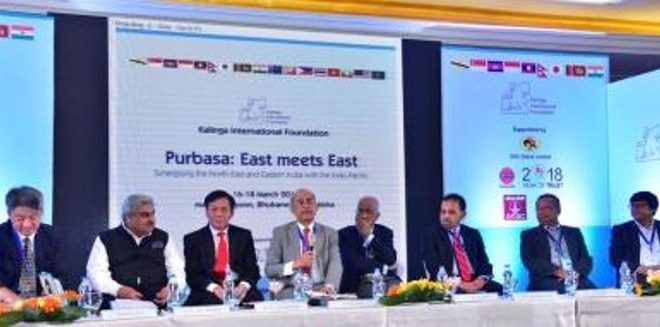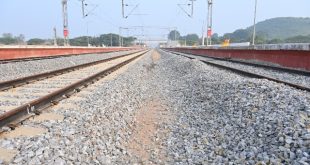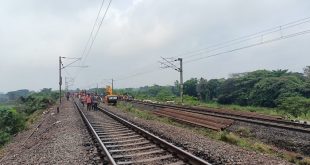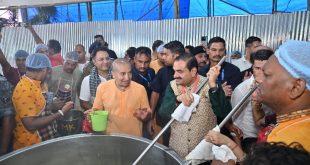Bhubaneswar: The second day of International Conference Purbasa–East Meets East saw a remarkable gathering of diplomats, intellectuals, ambassadors from the east and northeast India and also from South Asian countries.
The 1st session was based on the economic co-operation of India with ASEAN countries which was chaired by Dr Rajat Nag, distinguished fellow NCAER.
Ambassadors from countries like Vietnam, Myanmar, Japan, Lankaanka and Thailand also presided over the session as distinguished panel’s tics.
Dr Nag pitched up India’s Look East Policy and Act East Policy for the boost of economic co-operation between eastern parts of the world.
He also gave importance to Free Trade Agreements for Asian Countries to come closer in terms of economic ties.
India’s economic affairs will see a growth US 200 billion dollars by 2022, highlighted Dr Nag.
Amb VS Seshadri in his discussion stated that the main critical issue in economic co-operation is trade facilitation.
The 2nd session was on Maritime connectivity and security in Indo-Pacific was chaired by Adm RK Dhowan along with the distinguished personnel from countries like Sri Lanka, Bangkok, Malaysia, Myanmar, Vietnam and India.
ADM R K Dhowan said the main issues towards services and investment agreements are India signed an agreement in 2014 and 2015 onwards other 10 countries they started ratified the agreements.
Till now 8 countries ratified it. If India will come forward then the pending services and investment agreement will be cleared up, he added.
FTA driven regional integration strategy in slowing down because countries have to come up with binding integration, more FTA will boost the economic cooperation.
Indopacific means the countries that committing more to security, strategic aspect maritime security. We need to do reforms in systems for co-operation. Indus Valley civilization way back to 3000 BC established a strong connectivity among ASEAN countries.
Today India is a vibrant maritime nation with a natural outflow towards seas in the country’s busy sea line in India Ocean over which about 120 thousand ships travelling a year carrying 66% of the world’s oil, 15% of world’s container traffic, 33% of world’s cargo traffic. About five trillion tonnes of commercial shipping and energy supplying are transit through the South China Sea every year.
The third session focused on regional connectivity which was chaired by Prof SD Muni, Former Ambassador to Laos; Professor Emeritus, JNU, Distinguished Fellow, Institute of Defence Studies and Analysis.
Prof Muni spoke about the hardware components of regional connectivity.
Gen. Arvinder Lamba said Indo Pacific corridor is lack of infrastructure and security connections. India seeks to expand its geostrategic component. It is a fundamental component of India’s security measures. Land-based infrastructure is a key aspect of regional connectivity.
The objective of Act East policy is to promote co-operation, economy, culture and develop strategic communication through Indo-Pacific regions.
Amb Rajiv Bhatia said India’s strategic communication is doing exceptionally good. KIF has given the best platform to redefine our neighbourhood.
Amb. of Thailand said trade investments are the institutional connectivity.
Prof. Sonu Trivedi gave a detailed report on the issues related to connectivity and economic transformation.
The fourth session was chaired by Sabyasachi Dutta, Director, Asian Confluence, Shillong, on the topic of Connecting Women, Youth and Civil Society, Dr Alana Golme Director, Burma Centre, Delhi, Ma Teresita C Daza, Ambassador of the Philippines, Prida Tiasuwan, Co-founder, Social Venture Network Asia, Thailand.
The fifth session was held on the topic energy co-operation, which was chaired by Amb Neelam Deo, former Ambassador to Denmark.
 Update Odisha-Latest Odisha News I Breaking News Get latest news on Odisha, Govt. Jobs, OSSC, OPSC, Entertainment, Crime, Sports, and Education
Update Odisha-Latest Odisha News I Breaking News Get latest news on Odisha, Govt. Jobs, OSSC, OPSC, Entertainment, Crime, Sports, and Education



